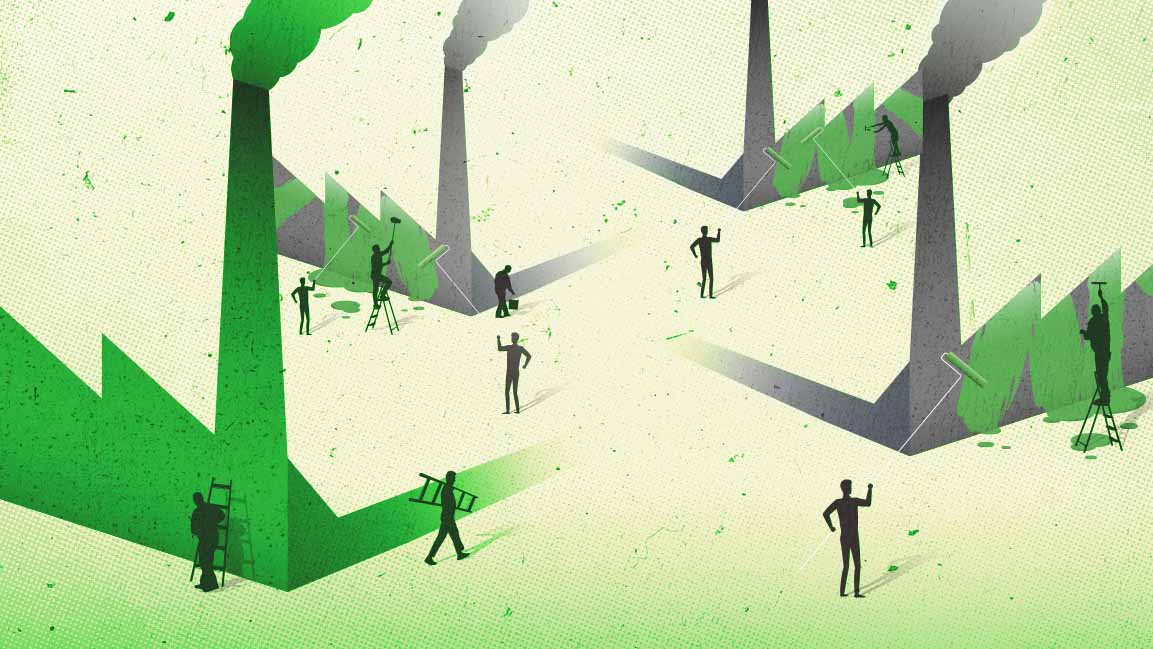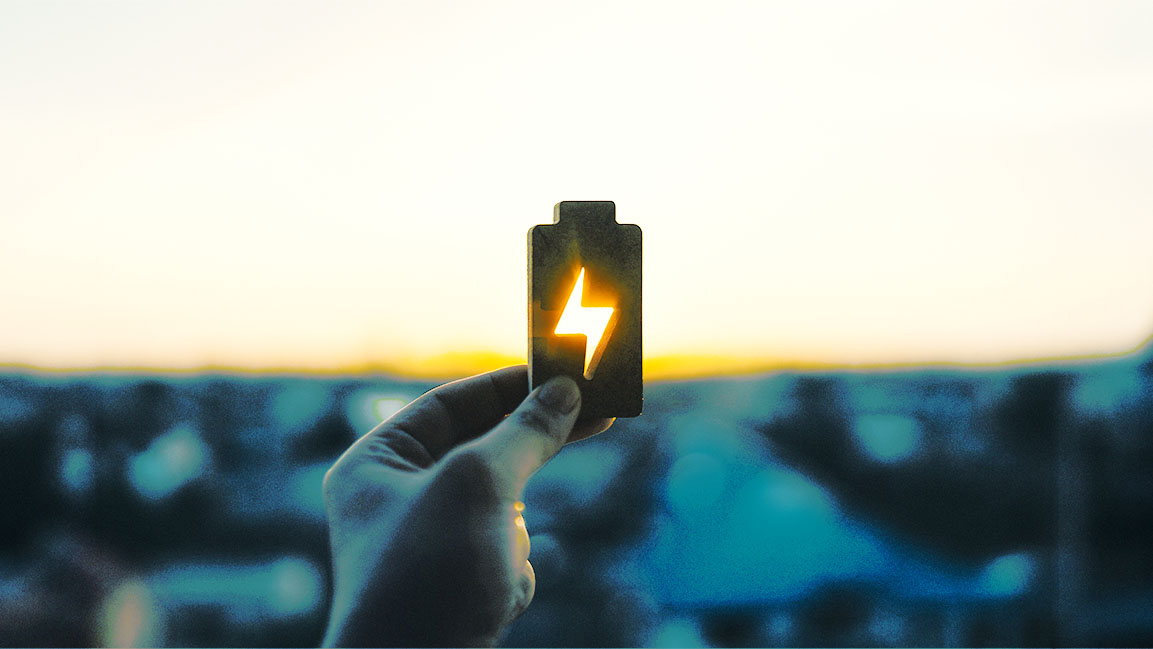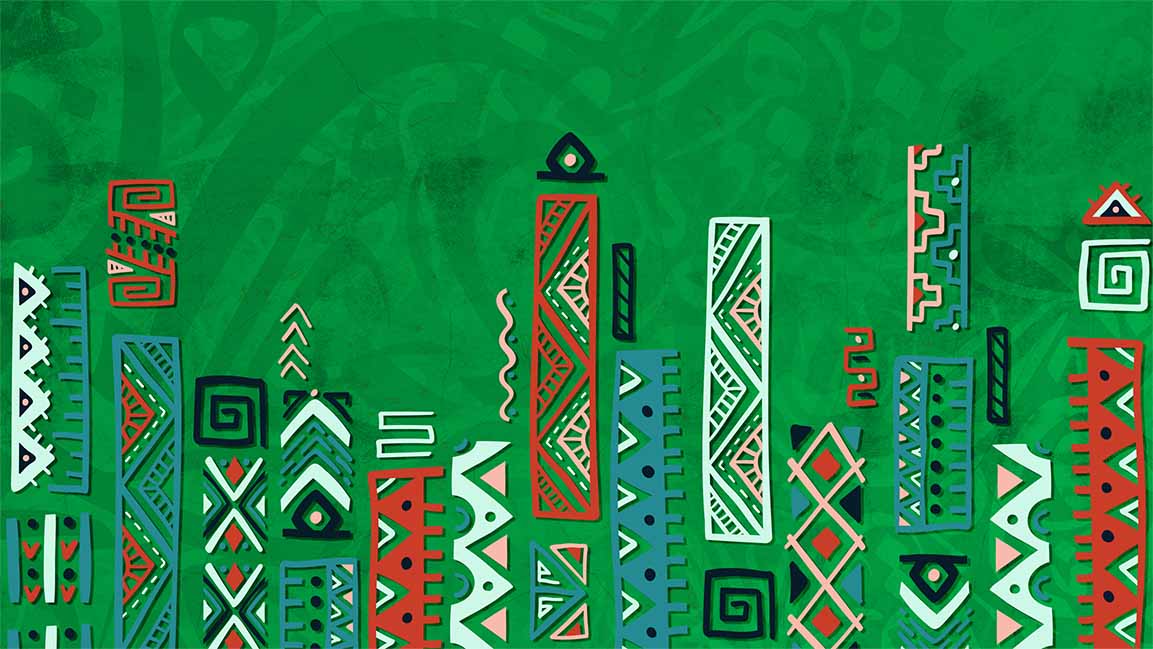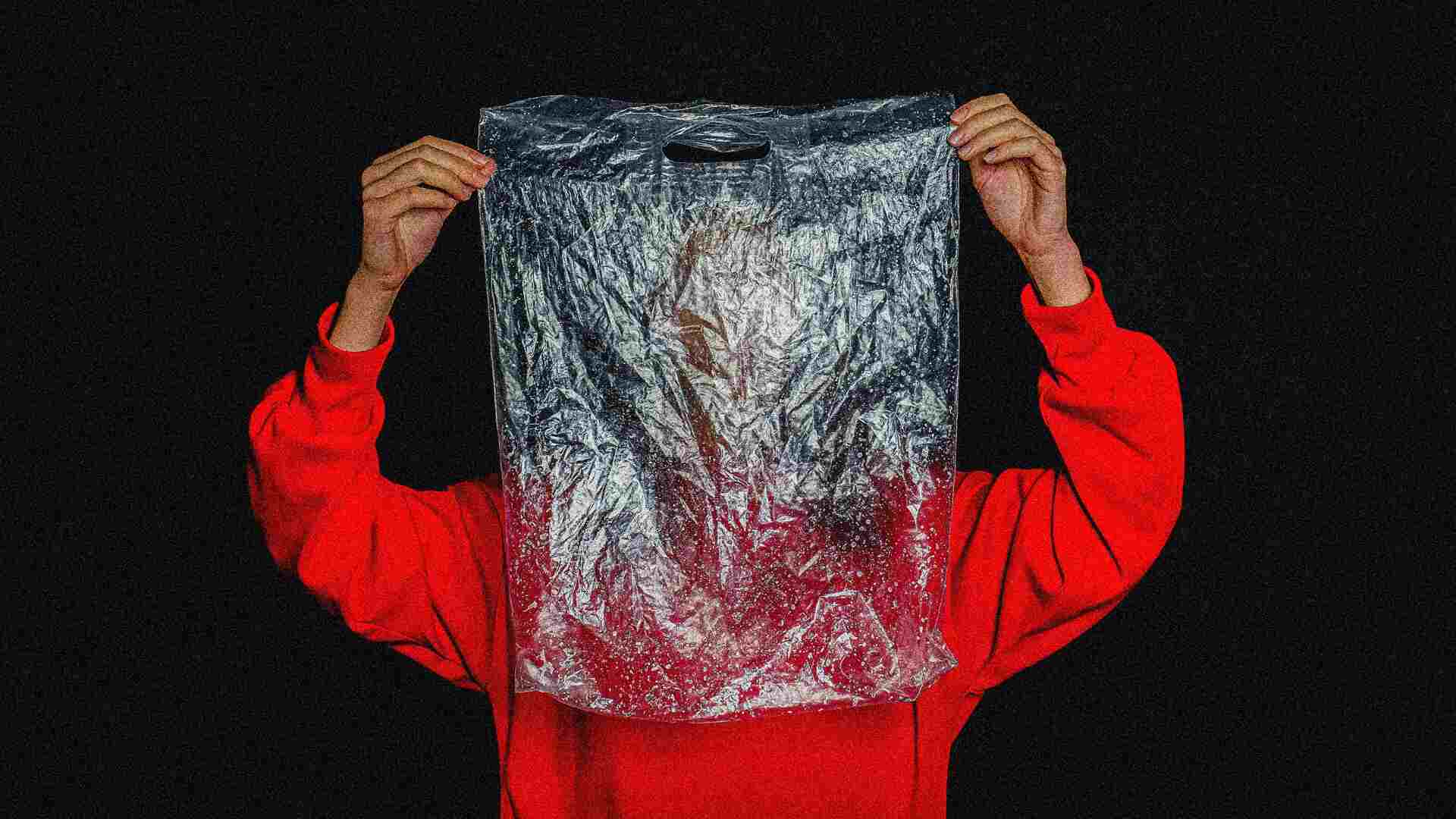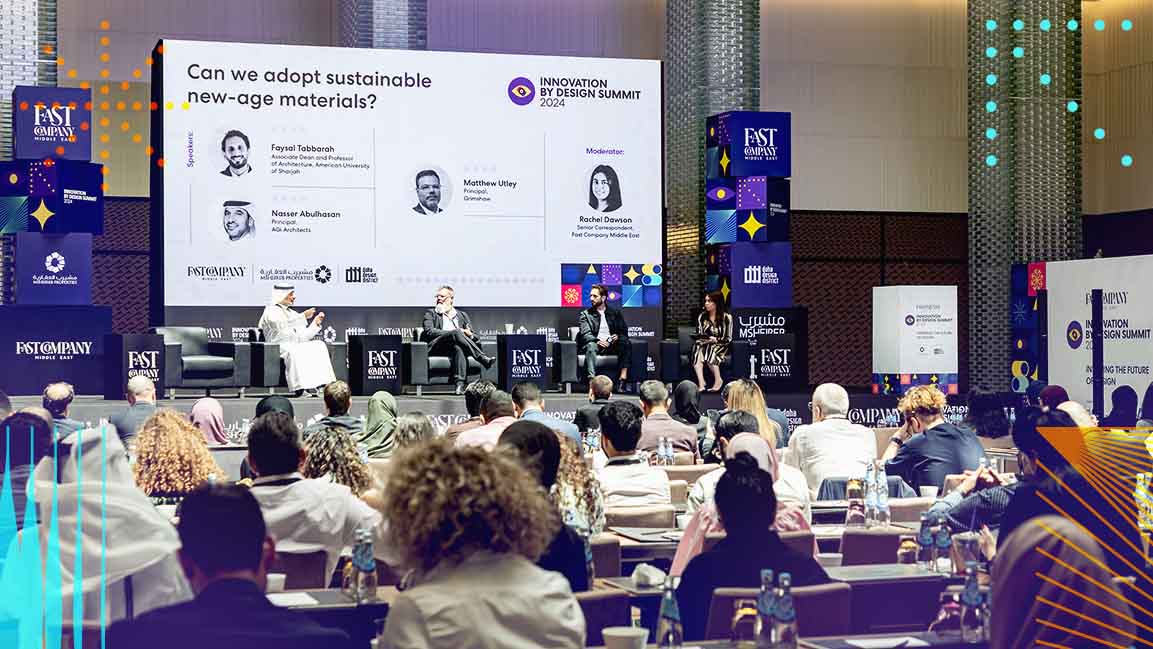- | 9:00 am
Can recycling be easier? These firms are making it accessible in the Middle East
In the MENA region, 40% think that key barriers, such as the lack of programs and services, stand in the way of greater recycling uptake.
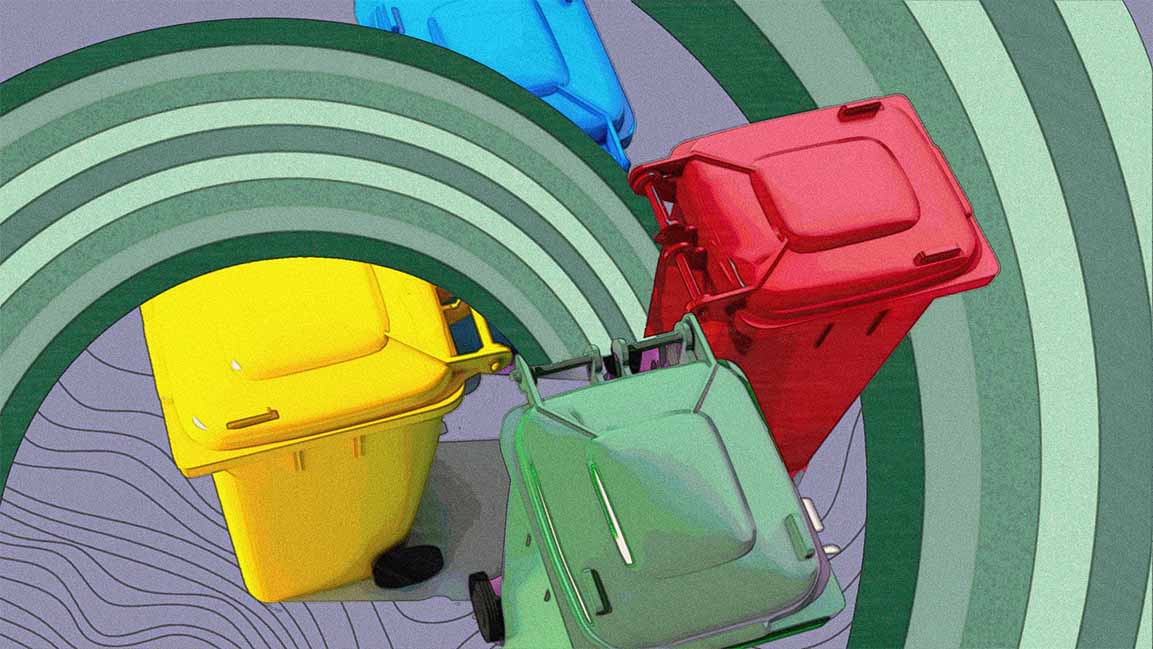
Blue for paper, yellow for cans, red for plastic, and green for glass. While these colors are ubiquitous in recycling bins, do you do your bit for the planet?
According to a joint survey by the World Economic Forum, SAP, and Qualtrics, more than three-quarters of people globally think recycling is important, but many said recycling was either inconvenient or they needed more trust in recycling programs.
In the same survey, in the MENA region, 40% think that key barriers, such as the lack of programs and services, stand in the way of greater recycling uptake. Meanwhile, 33% say they don’t know how to participate in recycling programs.
This presents an opportunity – increasing recycling rates in GCC to an achievable target of 40% can have significant benefits, says Strategy& Middle East, from lower carbon dioxide emissions to commercial opportunities wherein an estimated 50,000 new jobs in the recycling industry can be created, with a total market potential of around $6 billion per year.
OUT OF A NEED
Last year, UAE set out to tackle waste management with a new Integrated Waste Management Strategy 2021-2041, with a budget of $1.9 billion to encourage innovation in waste management, recycling and energy conversion.
Lara Hussein offers a sustainable solution with The Waste Lab, which offers off-site and on-site composting, targeting B2C and B2B clients. Her venture’s journey started right from her home: having practiced recycling. However, as someone living in an apartment, they threw them down the garbage chute when it came to their food scraps.
“We did not have the space or time to do composting ourselves with our busy lives and did not find a solution in the market that is accessible to us that would ensure our food scraps do not go to waste and end up in landfills,” says Hussein.
Fast forward to 2021, Hussein’s The Waste Lab offers customized accessible subscriptions to suit individual needs. It also offers consultancy services and contracts to business giants such as Hilton Group, Majid Al-Futtaim Group, Pullman Dubai Creek City Center, restaurants BOCA and Comptoir 102, coffee roaster Coffee Planet, the annual F&B exhibition Gulfood, and more. The company practices proper organic waste sorting at the source and disposal, which, in turn, will be used to create healthy compost and other byproducts that benefit local soil and farms, explains Hussein.
And so far, its numbers look good: in 2022, the venture serviced 200 households across Dubai. Last year, Hussein’s team acquired its first farmland where its large-scale on-farm composting operation is located — an essential milestone as the company onboarded B2B customers to compost the large volumes of food waste generated. Hussein proudly says, “In 2022, we diverted around 46 tonnes of food waste from landfills. In 2023, thanks to the farmland, we will be able to accommodate up to 15 tonnes per day to be composted.”
ANSWER TO A CRISIS
In 2015, following the closure of a huge landfill site and the lack of a contingency plan from the government, Lebanon’s waste crisis emerged, stimulating a civil movement and several initiatives.
As such, even if people wanted to recycle, a common issue was that they didn’t know how to properly sort out recycles and lacked knowledge on where to send their garbage.
Offering a much-needed solution is Georges Bitar’s Live Love Recycle, which enables people to sort their waste and recycle by connecting them to various stakeholders. With the free app, users can connect with a driver on an e-bike and trained personnel who will retrieve the bag of recyclable waste and deliver it to the closest appropriate facility.
Bitar explains, “You can make money from your recyclables while creating jobs for people from vulnerable communities [plus], you clean your country. So, recycle, and you [can] help the local economy by reintroducing raw material to the circular economy and reducing carbon dioxide.”
With more than 55,000 people using the platform, the team collects 120 tonnes per month. The venture also has a sorting facility of 2,500 square meters operating on solar panels. Bitar says, “We are looking to export our model to other countries in the MENA region and Europe. We are already in talks with several people interested in our platform, and we are looking for other partners to make recycling easier and accessible to everyone.”
Another venture offering a solution is Rabih El Chaar’s Nadeera, a social enterprise that offers digital solutions for solid waste management. With hardware and software solutions to enable communities to recycle, the company works with government municipalities to design and deploy waste management solutions. For residents, Nadeera offers an app to allow users to learn new skills, adopt environmentally-conscious behavior, and see the direct value and impact of one’s efforts. The company also onboards communities via offline and online communication channels to make sure residents start sorting at the source.
El Chaar explains that Nadeera has collected 10,000,00 bottles in the past year, onboarded 10,000 users, and recorded 50,000 transactions. “We have given back more than $8,168 to users in cash, supermarket vouchers, and donations to charity,” says El Chaar.
He continues, “Recycling with Nadeera is easy and fun; we do not ask our users to do any extra activity beyond sorting their waste. We educate users on how to recycle, give them a recycling kit to start and give them rewards based on their sorting activity.” Besides Lebanon, the venture also plans to grow in the UAE, with a goal to be in 1,000 communities in the country, starting with five communities in Abu Dhabi and ten communities in Dubai by the end of April.
IT’S STILL UP TO YOU
Even with available resources, however, recycling can still be difficult. There’s a lack of education and a notion that it’s too complicated and not worth it, says Bitar. “We are trying to make it as easy as possible: free, reliable, anytime from the comfort of their home at their convenience, [plus, by offering] an incentive.”
Hussein agrees, saying that consumers have varying reasons, from lack of convenient solutions, and trust that their efforts are being met with recycling efforts feeling overwhelmed that it’s harder than they think and thinking they won’t make a difference.
She suggests, “Give them transparency –practical step-by-step solutions. Be there to support [and] use storytelling to [make the] topic more approachable and relatable. Give them easy-to-digest data [to show] that their efforts do make a difference.”












